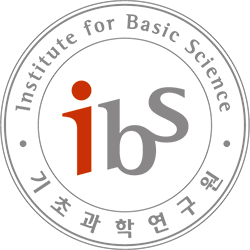
- This event has passed.
Dosing Time of Day Impacts the Safety of Antiarrhythmic Drugs in a Computational Model of Cardiac Electrophysiology – Chitaranjan Mahapatra
October 31, 2025 @ 9:00 am - 10:30 am KST
Daejeon, Daejeon 34126 Korea, Republic of + Google Map
In this talk, we discuss the paper “Dosing Time of Day Impacts the Safety of Antiarrhythmic Drugs in a Computational Model of Cardiac Electrophysiology” by
Abstract
Circadian clocks regulate many aspects of human physiology, including cardiovascular function and drug metabolism. Administering drugs at optimal times of the day may enhance effectiveness and reduce side effects. Certain cardiac antiarrhythmic drugs have been withdrawn from the market due to unexpected proarrhythmic effects such as fatal Torsade de Pointes (TdP) ventricular tachycardia. The Comprehensive in vitro Proarrhythmia Assay (CiPA) is a recent global initiative to create guidelines for the assessment of drug-induced arrhythmias that recommends a central role for computational modeling of ion channels and in silico evaluation of compounds for TdP risk. We simulated circadian regulation of cardiac excitability and explored how dosing time of day affects TdP risk for 11 drugs previously classified into risk categories by CiPA. The model predicts that a high-risk drug taken at the most optimal time of day may actually be safer than a low-risk drug taken at the least optimal time of day. Based on these proof-of-concept results, we advocate for the incorporation of circadian clock modeling into the CiPA paradigm for assessing drug-induced TdP risk. Since cardiotoxicity is the leading cause of drug discontinuation, modeling cardiac-related chronopharmacology has significant potential to improve therapeutic outcomes.

